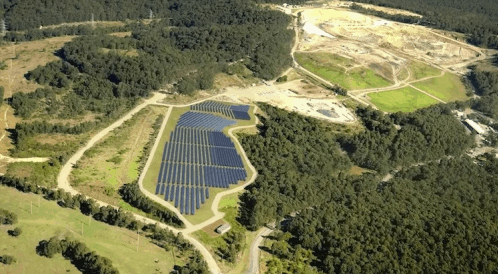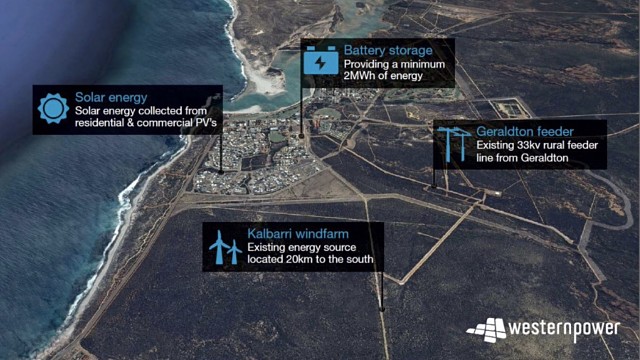Carnegie Clean Energy, who last week announced they will be building both the Kalbarri microgrid and the Kalgoorlie solar farm, have had another win today as their fully owned subsidiary Energy Made Clean won a tender to build and operate a $7m, 5MW Newcastle solar farm.
Newcastle Solar Farm

According to a press released they issued yesterday, Carnegie Clean Energy won the tender to install the PV solar + storage facility on a capped, former landfill site at the Summerhill Waste Management Centre in Newcastle. The project forms part of Newcastle Council’s plan to cut emissions by 30% by 2020 as part of the Renewable Energy Target.
Carnegie’s Managing Director, Dr Michael Ottaviano (feels like we’ve been quoting him every day lately!) said, “We are delighted to have won our first utility scale solar farm project in NSW and our first to be connected in the National Electricity Market. This project brings the value of new contracted work for our joint venture to over $30m over the past 2 months.”
The Newcastle solar farm will be installed as a ground mounted fixed tilt system. It’ll have an optimised piling system so as to benefit as much as possible from the site topology and it’ll be modular – they are preparing for the future addition of a Battery Energy Storage System (BESS). Carnegie have stated that the design phase has already commenced and plant commissioning is expected at the end of Q3 this year.
Energy Made Clean “specialises in the delivery of mixed renewable energy microgrid projects to islands and remote and fringe of grid communities” and Carnegie is the “only company in the world to offer a combination of wave, solar, wind, battery storage and desalination via microgrids” – so it’ll be really interesting to see what their future plans are now that they have some big projects to work on!



